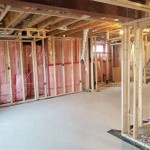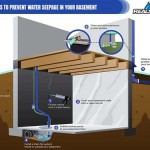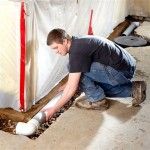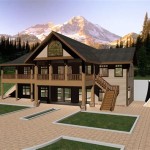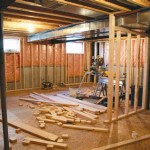Essential Aspects of Best Insulation for Basement Walls
Insulating your basement walls is a crucial step in maintaining a comfortable and energy-efficient home. Basement walls are often exposed to moisture and extreme temperatures, which can lead to mold growth, rot, and high energy bills. Choosing the best insulation material for your basement walls is essential to prevent these issues and create a healthier, more comfortable living space.
Factors to Consider When Choosing Insulation for Basement Walls
When selecting insulation for your basement walls, there are several factors to consider:
- Thermal resistance (R-value): The R-value measures the insulation's ability to resist heat flow. A higher R-value indicates better insulation.
- Moisture resistance: Basements are prone to moisture, so it's essential to choose insulation that can withstand moisture without losing its insulating properties.
- Thickness: The thickness of the insulation will determine the level of insulation you achieve. Thicker insulation generally provides better insulation.
- Cost: Insulation materials vary in cost, so it's important to consider your budget when making a decision.
- Installation method: Some insulation materials are easier to install than others. Consider the installation process when choosing insulation for your basement walls.
Types of Insulation for Basement Walls
There are several types of insulation commonly used for basement walls:
- Fiberglass batts or rolls: Fiberglass is a budget-friendly and widely available insulation material. It has a good R-value and is easy to install.
- Rigid foam boards: Rigid foam boards are made of polystyrene or polyurethane and provide excellent thermal resistance. They are also moisture-resistant and easy to install.
- Spray foam: Spray foam is a liquid foam that expands to fill gaps and cracks. It provides excellent insulation and moisture resistance but can be more expensive than other materials.
- Cellulose: Cellulose is made from recycled paper and provides good insulation and noise reduction. It requires professional installation.
Installation Tips for Basement Wall Insulation
To ensure the best results from your basement wall insulation, follow these installation tips:
- Install a vapor barrier on the warm side of the insulation to prevent moisture from entering the insulation.
- Seal all gaps and cracks around pipes and wires with caulk or foam to prevent air infiltration.
- Ensure that the insulation is thick enough to achieve the desired R-value for your climate zone.
- Hire a professional insulation contractor if you are not comfortable installing insulation yourself.
Benefits of Insulating Basement Walls
Insulating your basement walls offers numerous benefits, including:
- Reduced energy bills by preventing heat loss through the walls.
- Improved comfort by maintaining a consistent temperature in the basement.
- Reduced moisture problems, preventing mold growth and rot.
- Improved air quality by reducing the risk of moisture-related allergens.
- Increased home value by making your basement more habitable and desirable.
Conclusion
Choosing and installing the best insulation for your basement walls is essential for creating a comfortable, energy-efficient, and healthy living space. By considering the factors discussed in this article and following the installation tips provided, you can ensure that your basement walls are well-insulated, providing you with the benefits of reduced energy costs, improved comfort, and a healthier home environment.

How To Insulate Diy Your Basement With Spray Foam

How To Insulate A Basement Wall Greenbuildingadvisor

How To Insulate Your Basement Like A Pro

Basement Insulation Best Practice To Avoid Mold

How To Insulate A Basement With Rigid Insulation Buildwithhalo Com

How To Insulate Your Basement S Concrete Walls The Seattle Times

How To Insulate Basement Walls True Value

Best Type Of Insulation For Basement Walls

Average Cost To Insulation A Basement Forbes Home

Basement Insulation Upstate Spray Foam
See Also

